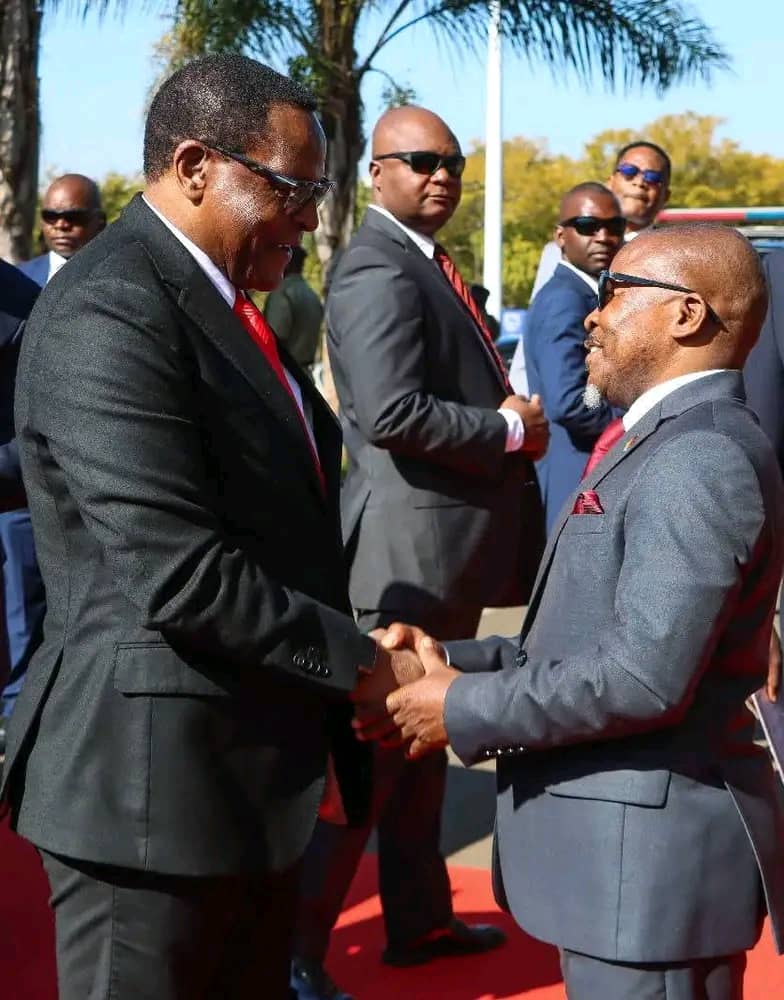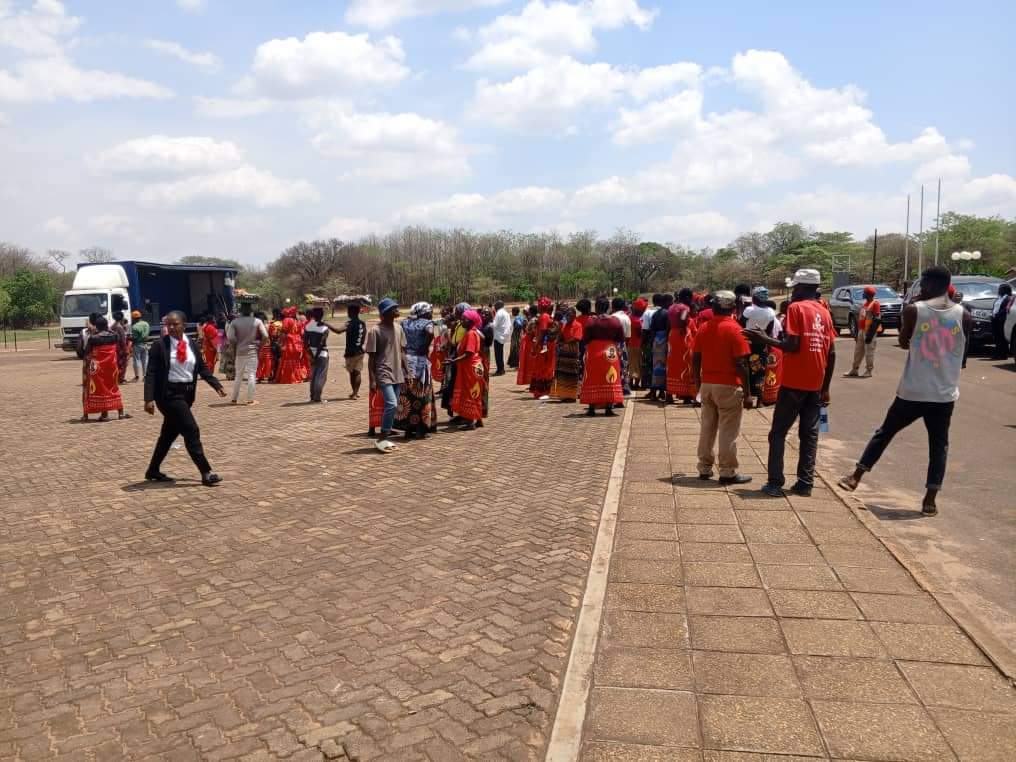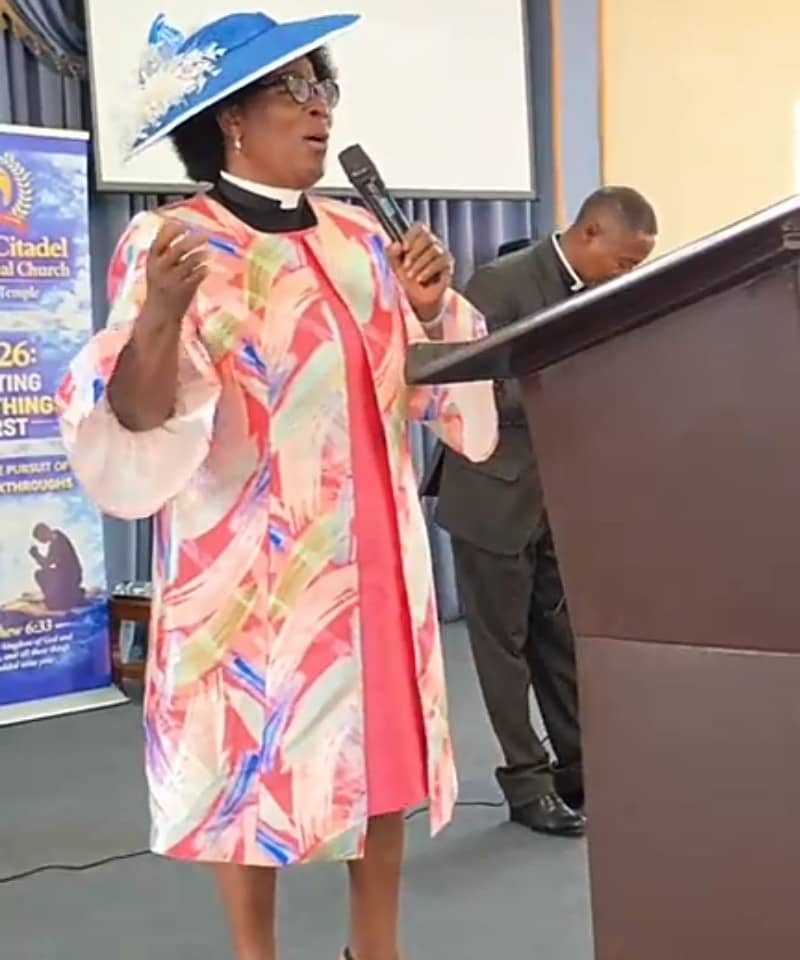By Burnett Munthali | Malawi Freedom Network
Recent media narratives suggest that Vice President Dr. Michael Usi’s public criticisms of the Tonse Alliance government are driven by political frustration over personal ambitions.
Political analyst Chimwemwe Tsitsi, attributes Usi’s criticisms to personal disappointment over being excluded from the running mate position in the 2025 elections; however, this framing risks reducing complex governance concerns to a matter of individual grievance.
While analysts may interpret his tone as frustration, this perspective risks oversimplifying the political context and ignoring the substantive issues being raised by Usi.
The Vice President’s criticisms should be examined on their merits, including questions of governance, accountability, and policy implementation, rather than dismissed as mere personal disappointment.
Usi has previously served in high-profile roles, including as Minister of Tourism and Vice President of the UTM Party, and his insights into governance carry institutional weight.
Portraying his critiques solely as personal grievance diminishes the seriousness of legitimate concerns about policy missteps, administrative inefficiencies, and potential lapses in public accountability.
The repeated public framing of his comments as politically motivated risks delegitimizing dissent and may inadvertently send a message that holding the government to account is a personal vendetta rather than a civic duty.
Tsitsi’s warning against suppressing Usi’s voice through intimidation or legal action is itself a reminder that the health of democracy depends on the protection of free speech and the constitutional right to critique government performance.
Any attempt to paint the Vice President’s criticisms as malicious or opportunistic without evidence could erode public trust in the government’s impartiality and willingness to engage with internal feedback.
Furthermore, calls by opposition parties, such as the MCP’s Jessie Kabwila, for Usi to resign from his UTM post overlook the fact that dissent within democratic coalitions is both natural and necessary for accountability.
Suppressing intra-coalition debate risks normalizing political silencing, which historically in Malawi has led to institutional weakening and erosion of public confidence in governance.
The Tonse Alliance government must therefore distinguish between personal ambition and reasoned criticism, and respond by addressing the issues raised rather than targeting the messenger.
In the long term, framing Usi’s critiques as politically motivated could backfire, deepening divisions and exposing the coalition to perceptions of intolerance toward scrutiny.
A constructive approach would acknowledge the validity of internal critique, engage in transparent dialogue, and strengthen governance practices to demonstrate that the Alliance is capable of self-correction.
Ultimately, the narrative that Usi is frustrated over personal ambitions is incomplete; the more pressing question is whether the government can respond substantively to governance challenges raised from within its ranks.
By contextualizing his critiques within Malawi’s broader democratic expectations, observers can move beyond superficial political interpretation and assess the real stakes for accountability, policy delivery, and coalition cohesion.




